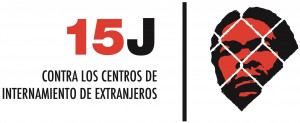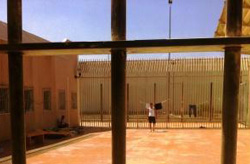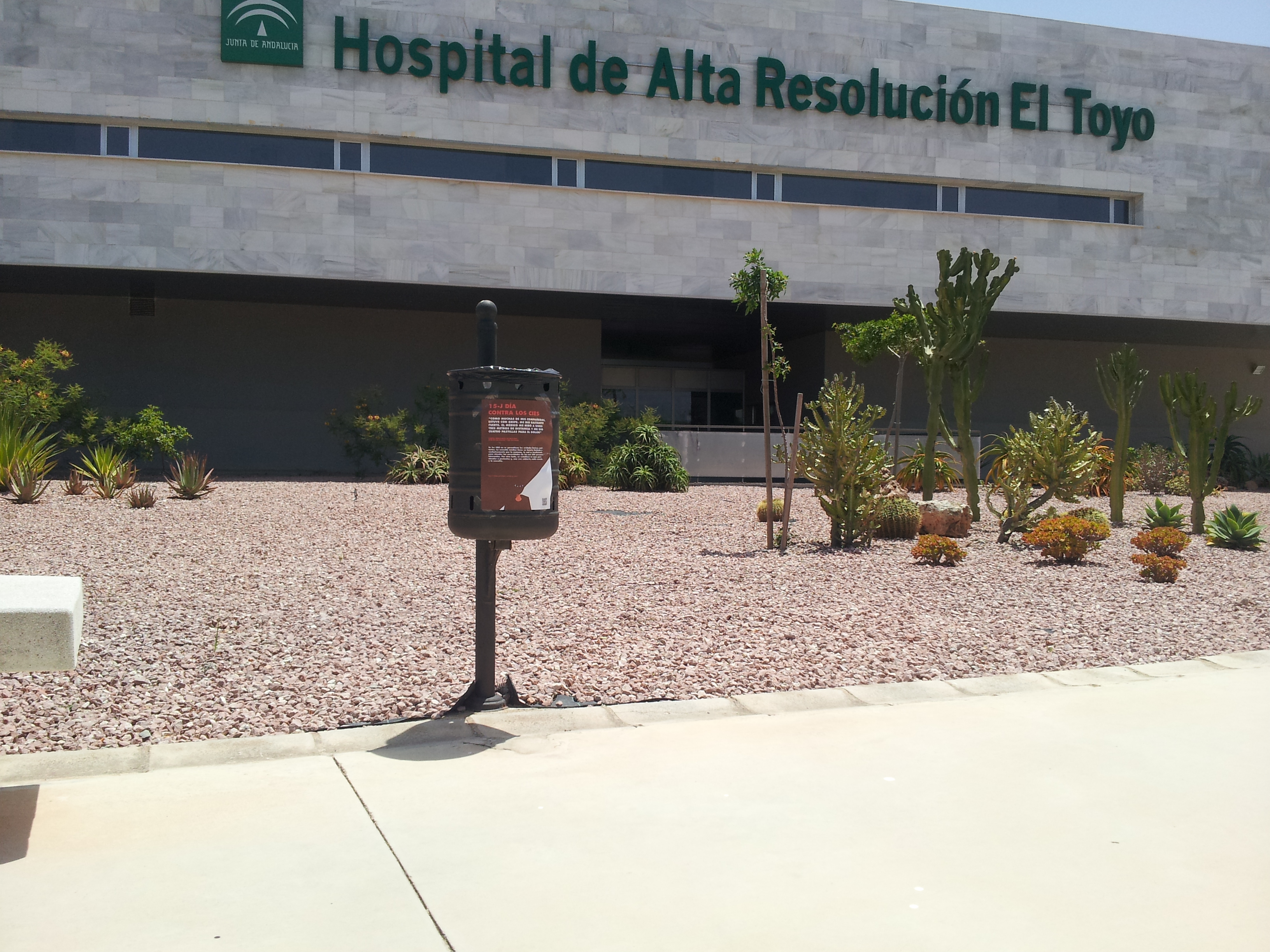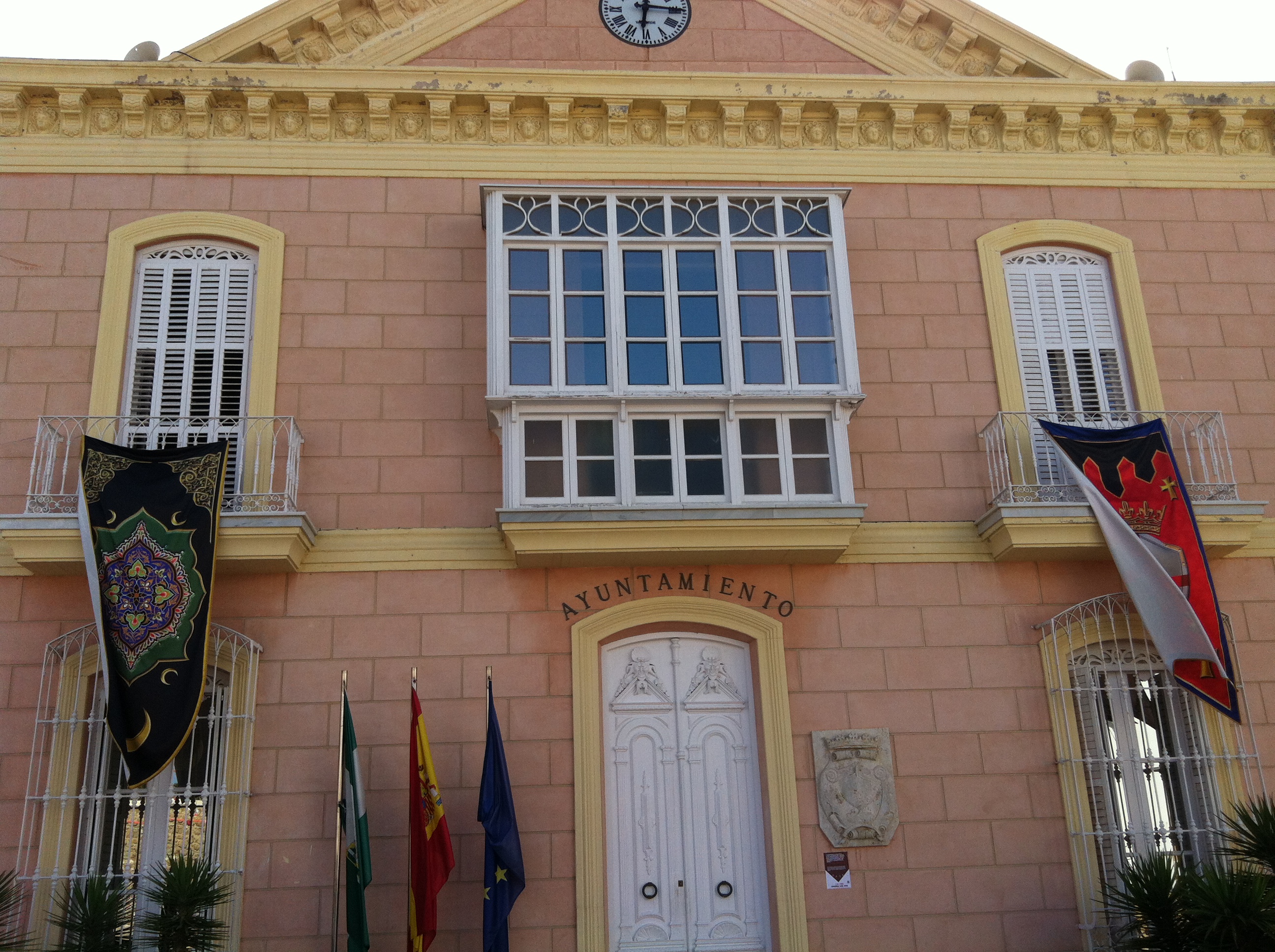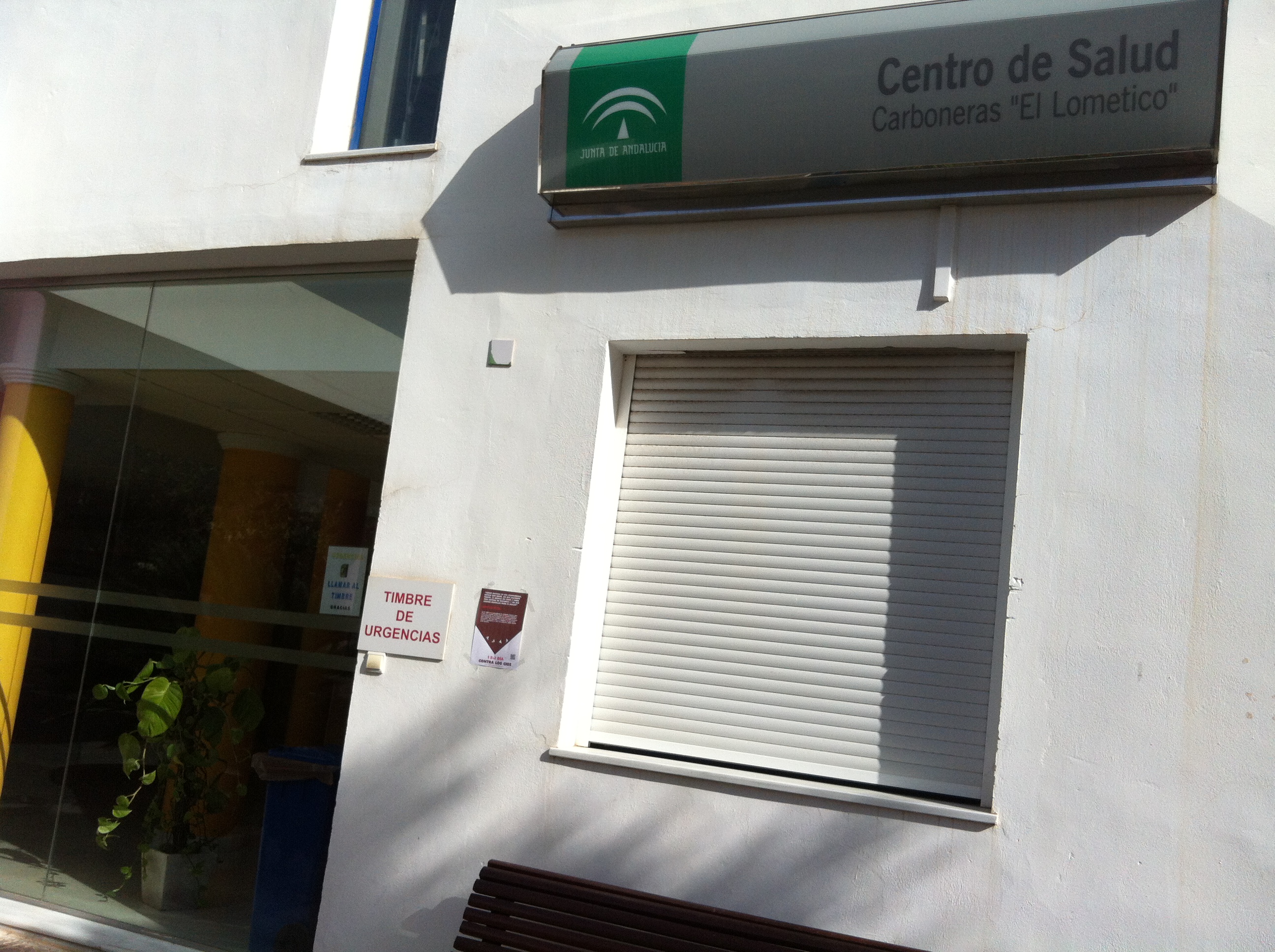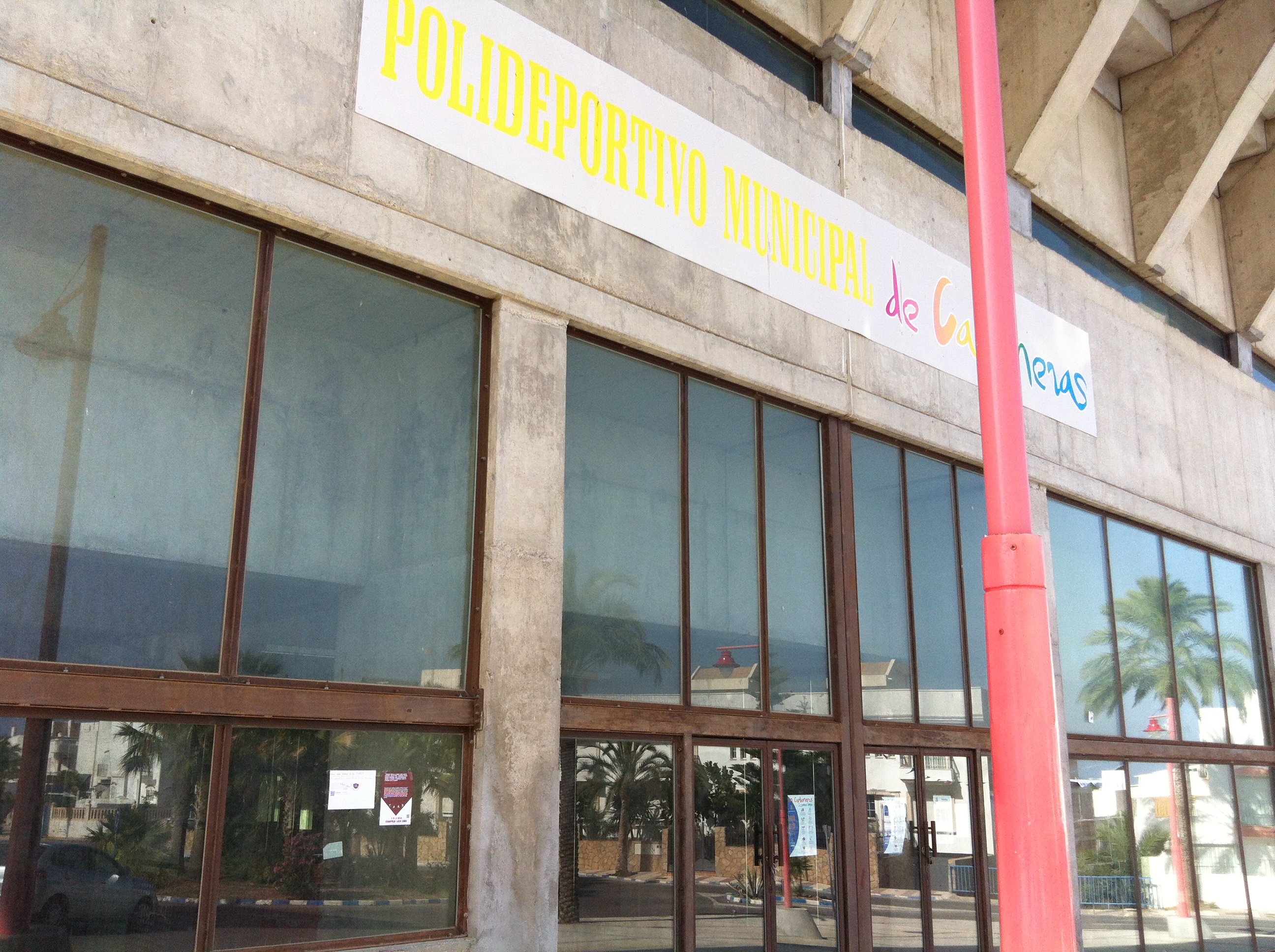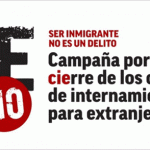
Platform for International Cooperation on Undocumented Migrants (PICUM), in which Pro Igual participates, suggests the attached amendments to the proposal for a Regulation on the European Border and Coast Guard in order to strengthen compliance with fundamental rights in the proposal.
PICUM is a member of the Frontex Consultative Forum on Fundamental Rights which provides independent advice to the Agency’s Management Board as well as its Executive Director on fundamental rights matters. The Consultative Forum is composed of 15 organisations: The AIRE Centre, Amnesty International European Institutions Office, Caritas Europa, Churches’ Commission for Migrants in Europe (CCME), Council of Europe, European Asylum Support Office (EASO), European Council on Refugees and Exiles (ECRE), European Union Agency for Fundamental Rights (FRA), International Commission of Jurists (ICJ), International Organization for Migration (IOM), Jesuit Refugee Service Europe (JRS), Organisation for Security and Cooperation in Europe/Office for Democratic Institutions and Human Rights (OSCE/ODIHR), Platform for International Cooperation on Undocumented Migrants (PICUM), Red Cross EU Office and United Nations High Commissioner for Refugees (UNHCR).
Summary of the suggested amendments is included below, while the full text is available here.
- Fundamental rights as integral to role of the Agency and integrated border management
> E.g. Article 1, Article 4 (definition of integrated border management), Article 7 (tasks of the Agency)
> Risk analyses (Article 10) and vulnerability assessments (Article 12) should look at access to procedures and fundamental rights
> Operational cooperation with authorities on coast guard functions only in line with the tasks of the Agency and international and Union law (Article 52)
- Fundamental rights safeguards before initiating operations
> Fundamental rights assessment prior to any operational engagement (Article 10, Article 12, Article 18, Article 27, Article 53)
> Return Office should not provide information on third countries of return, and should provide information to support only lawful deprivation of liberty (wording more likely to get in this way than saying ATD outright here) (Article 26)
> No Agency involvement in deportations from member states not implementing EU law on asylum and return (Article 27)
> No deportations from one third country to another (‘mixed return operations’) – this new activity is not compatible with fundamental rights and should be deleted (Article 27.4).
> Non-refoulement not only linked to international protection but all human rights law and more clearly defined (Article 33)
- Fundamental rights safeguards during operations
> Detailed FR provisions in operational plans and link to power to suspend or terminate operations (Article 15)
> Power to suspend or terminate operations – criteria to be developed, FRO can suggest, should be for all operations (propose to move Article 36 General rules) (Article 24)
> Also operational plans with monitoring and complaints procedures, and FR safeguards, for return operations (Article 27) and operational cooperation with third countries (Article 53)
> Forced return monitors independent and report to Agency and FRO (Article 28); forced return monitors and escorts with child protection profiles (Article 28 and 29)
> Use of force must comply with international and EU human rights law, as well as national law (Article 39)
> Officers wear visible numbers/ codes allowing individual identification (Article 39.4)
> Independence of the mechanism, involvement of competent bodies on national level, clear time periods and procedure, information about the procedure and support including for children, right to appeal decisions on admissibility, link to the civil and criminal process as well as disciplinary actions (Article 72)
- Fundamental rights structure in the Agency
> Shared responsibility – includes responsibility for fundamental rights (Article 5)
> Fundamental Rights Strategy – stronger HR references, includes monitoring mechanism (was in previous Frontex Regulation, but weak here) and complaints mechanism, reference back to fundamental rights assessment prior to operations and in operational plans (Article 33)
> Stronger requirement to consider recommendations of the Fundamental Rights Officer and Consultative Forum and transparency (Article 33.4)
> Liability of the Agency – more information on liability, remedies, and legal aid (Article 59), also considering expanded competences of guest officers (Article 39.9) and taking into account relevant jurisprudence on immunity (Article 58)
> Consultative Forum – ensure independence (Article 60, Article 70), access to information and resources (Article 70)
> Fundamental Rights Officer – ensure independence (Article 60), reporting to the Consultative Forum and resources (Article 71)
> Evaluation – should include fundamental rights and be for all operations (propose to move to Article 37) (Article 25)
> Should be part of integrated border management (Article 4) and the tasks of the Agency (Article 7)
> Should be coordinated by the Commission, involve FR and child protection experts, stronger on compliance with FR in all activities, including providing information on FR and procedures (under guidance of EASO and FRA) and referrals, providing for basic needs (Article 17)
- Cooperation with third countries
> Nature of cooperation with third countries well defined and be made public (Article 53)
Detailed amendments have not been included on data protection. PICUM strongly urges that the recommendations of the Data Protection Supervisor be followed. The purpose and type of data to be accessed and processed must be specified at all times.
Further, the proposal will have significant legal, practical and financial implications, and so should not be adopted without due consultation with relevant stakeholders and an impact assessment, including an evaluation of the efficacy of measures proposed and necessary fundamental rights safeguards.
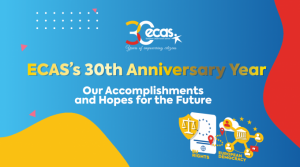

 January 12th, 2022
January 12th, 2022 



